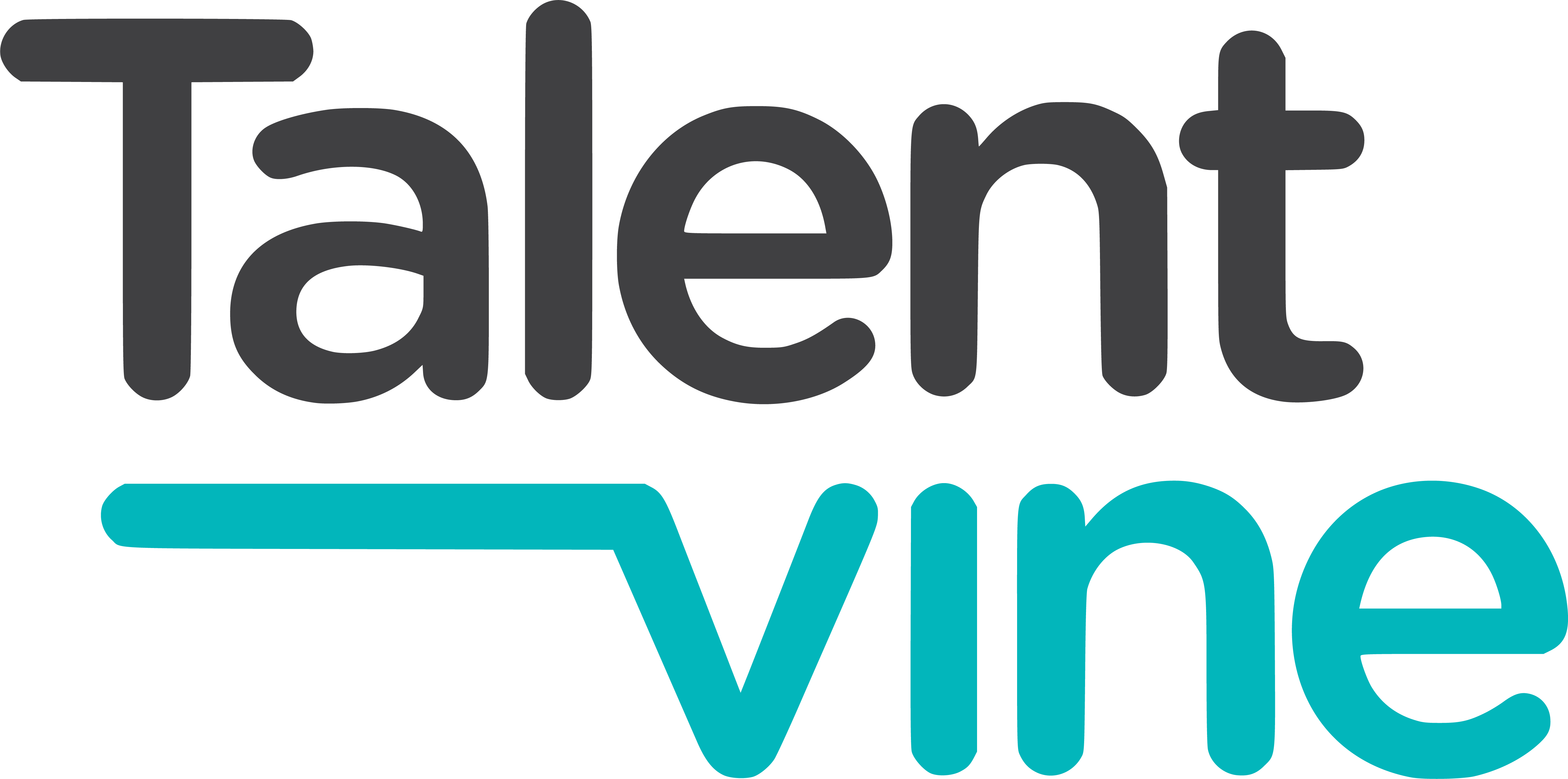As you’ve probably heard, over a dozen Australian organisations are set to begin trialling a 4 day work week in August. The pilot will go for 6 months, and those participating will still receive the same pay. The idea is that despite only working 80% of their usual hours, employees will maintain 100% productivity during this time. Australians are not the only ones testing this theory, with similar trials currently underway in the UK, US, Ireland, Canada, and Spain.
Why do we work five days a week in the first place? It’s been over 100 years since the 5-day work week was introduced, originally for Jewish factory workers to observe the sabbath. Maybe it’s time for another change.
A four-day work week can come with a lot of benefits, including a better work-life balance and lower staff turnover. However, managers looking to implement this must be careful to ensure productivity is not negatively impacted. Switching from five to four working days entails more than just changing the working week calendar.
To help you decide if a four-day workweek could be right for your organisation, we’ll discuss different examples of what this arrangement can look like for you and your employees, the benefits of a four-day workweek, and the possible downsides to prepare for. We’ll also discuss whether a flexible, 5-day schedule may be a better alternative.
What is a 4-Day Work Week?
It seems like a simple question, but there are actually two different ways in which organisations can implement it; a compressed week or a shortened week.
In a compressed workweek, employees do not actually work fewer hours during the week. The hours are instead, as the name suggests, compressed. Instead of five 8-hour days, employees work four 10-hour days, which allows for longer spans of deep work.
The other way, as employed by the pilot, is a shortened workweek. In this arrangement, hours worked are reduced as one day of the week is simply cut out of the schedule. As mentioned, the belief is that productivity will remain the same despite 20% fewer hours worked.
What are the Advantages of a 4-Day Work Week?
Happier, More Productive Employees
For employees, the added flexibility and work-life balance offered by a 4-day work week are some of the most important benefits. With the Great Resignation and the recent rise of hybrid work, it’s clear to see just how much these options are valued. A shortened week can also benefit organisations in this way. Better well-being means less likelihood of stress and burnout, better work produced and fewer sick days needed, with plenty of time to rest and recover.
A More Efficient Organisation
Many organisations have reported an increase in productivity despite their employees working fewer hours. Inefficiency goes a long way to explaining how this can happen, whether it’s long meetings, responding to emails, administrative work, or something else. It seems that having less time during the week can actually provide an incentive to be more efficient, working smarter rather than harder. In the UK, two-thirds of businesses reported an increase in productivity when switching to 4-day weeks.
Better Recruitment and Retention
Being able to earn the same salary while working one day less is quite a strong incentive to attract candidates. In fact, 92% of employees in a 2022 Qualtrics survey said they would welcome a switch to four days and support their organisation in implementing it. Doing so can also give organisations better access to diverse talents, such as parents, caregivers or those with time-intensive hobbies who would greatly appreciate the extra time at home.
Needing to recruit new talent? TalentVine is Australia’s leading recruitment marketplace, offering you the opportunity to work with the top recruiters across any industry.
Is a 4-Day Work Week Better Than Flexible Hours?
While there are undoubtedly benefits to be had from shortening the work week, keep in mind that there will always be tradeoffs that come with this. In organisations with a rigid culture, employees may be unwilling to take advantage of a 4-day work week if they feel that it’s not fully supported by leadership and management. They may fear coming across as lazy to others, which could make this another benefit that looks good on paper but doesn’t actually get used.
Another thing to consider is cost. Some organisations have reported higher costs associated with the 4-day week. This is mostly related to consumer-facing service organisations and teams, where new staff had to be hired to cover all days of the week.
Some organisations have also avoided a 4-day work week, deciding that a genuinely flexible 5-day schedule was preferable. They found that the extra day off inevitably became the day employees would use for home life management, appointments, deliveries, chores and the like. This didn’t actually give them the flexibility this initiative was supposed to provide. Instead, allowing team members to pick and choose when they worked their hours provided a better solution, with much of the same benefits as a four-day work week.
Ultimately, every organisation is in a different situation and must assess its own needs. While the potential benefits of a four-day workweek are great, it may be easier to implement in some industries than others. If done so, you can expect to see happier employees, better recruitment and retention, more productive team members, and a more efficient organisation.
Final Thoughts
The way we work is changing. Organisations are beginning to emphasise the value of flexibility and a good work-life balance, as evidenced by the rise of hybrid teams. The 4-day work week may be the next step in this evolution of work, and many organisations are already reporting the benefits.
For organisations looking to get ahead of the curve, implementing a change like this can be a great strength for recruitment and retention. Attracting top candidates is very important, and quite difficult at the moment. A 4-day work week can be an excellent point of difference to bring in the best candidates, in addition to a multitude of other potential benefits.
You have to find the best candidates before you can hire them. TalentVine lets you do just that, allowing you to choose from the best recruiters specialising in your industry. Compare rates, reviews, and metrics, partner with the best, and find those top candidates!









